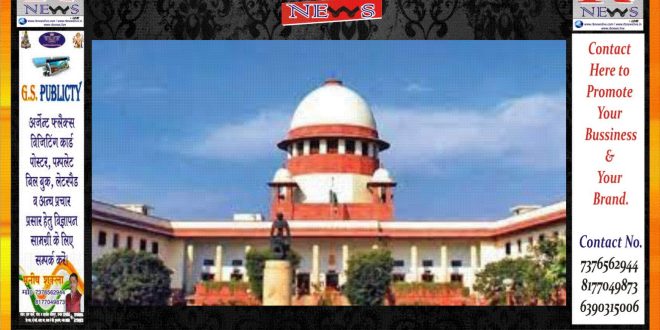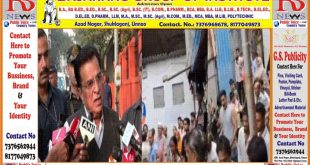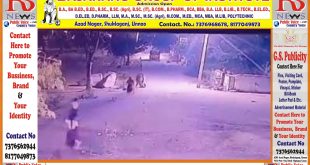Supreme Court judge Justice KV Vishwanathan on Thursday recused himself from hearing coal scam cases. He had appeared as a lawyer in one of these cases. Now a new three-member bench will decide on the issue related to previous orders barring the High Court from hearing appeals in such cases.
The petitions in these cases have sought amendment to the earlier orders of the Supreme Court, which barred the High Courts from taking appeals against lower court orders passed in criminal cases related to alleged illegal coal block allocation.
Let us tell you that the Supreme Court passed two orders in 2014 and 2017, prohibiting the accused from going to the High Court and directed that appeals against lower court proceedings in coal scam cases can be filed only in the apex court.
The intention behind the orders was to speed up the trial processes by preventing delays and stopping the proceedings of the accused seeking relief in the High Courts.
Supreme Court to constitute new bench
While considering the petitions seeking modification of its earlier orders, a bench of Chief Justice Sanjiv Khanna and Justices Sanjay Kumar and Vishwanathan at the outset said that a new bench would be constituted to decide the issue in the week beginning February 10.
The bench deliberated on the scope of appeal and the applicability of earlier orders barring the high courts from hearing these cases and asked the Supreme Court registry to prepare a comprehensive compilation of all pending petitions relating to the 2014 and 2017 judgments in which the high court was barred from hearing interim appeals.
During the hearing, senior advocate Maninder Singh, appearing for the Enforcement Directorate, told the court that 45 complaints, including supplementary complaints, are currently pending under the PMLA. He said 20 cases are also before the apex court. Singh expressed concern that when an order to discharge one person is passed, it may have a cascading effect on others in related cases.
CBI said this during the hearing
Senior advocate RS Cheema, appearing for the CBI, said that out of 50 cases prosecuted by the CBI, 30 have been decided. Cheema stressed the need for clarity on whether the appeal should be made in the High Court or the Supreme Court. Emphasizing the need to streamline the procedures, the bench said that appeals against discharge orders should ideally be made in the High Court.
Advocate Prashant Bhushan, appearing for NGO Common Cause, emphasized that the jurisdiction of the apex court should mainly be stayed on the trials, while other cases can be resolved at the High Court level. Earlier, the bench had asked the CBI, “Is this the stand of the CBI that everything should come to us.”
 RB News World Latest News
RB News World Latest News






